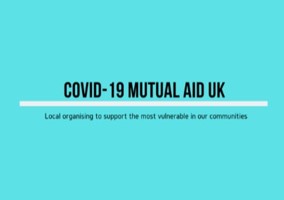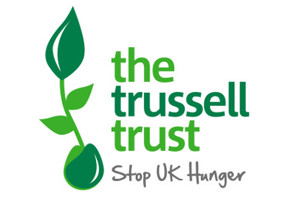Some 48% of hyper-local charities are confident that the uplift in volunteering seen during the pandemic will continue, according to findings from a recent survey.
The survey is based on more than 1,240 community charities which are part of the Neighbourly giving platform's network.
It finds that 59% have benefited, to some extent, from a surge in volunteering.
The survey took place between 18 June and 6 July 2020 to assess the impact of the Covid-19 pandemic on small charities and community causes.
Some 75% of the charities surveyed have completely remodelled their services, and 24.5% are providing specific support for BAME communities.
Moreover, 60% are confident in being able to survive the next six months without needing to close services, and only 6% think services may need to close.
'Community causes are showing incredible adaptability and resilience’
Steve Butterworth, chief executive of Neighbourly, said: “These findings highlight that hyper-local charities and community causes are showing incredible adaptability and resilience. They are proving their ability to be nimble, pivot and respond so that people in their neighbourhoods get urgent help.
“Local charities across the UK have been working tirelessly throughout this crisis, and we must keep the lifeline they offer alive. We need policy makers, business leaders and individuals to maintain their support for their community by helping existing grassroots organisations.
“Local groups who are already part of the fabric of our society are best placed to use their intimate knowledge to respond quickly to what’s needed at street level, so that urgent support reaches those who need it most.”
However, some community charities in Neighbourly’s UK network are concerned about the future of their services.
Chris Williams, head of community at Richard House Children's Hospice in London, said: “If we don’t receive financial support in the coming weeks, we could face having to stop providing end-of-life and respite care. Without our hospice, the families we support will simply have nowhere to turn.”
Looking forward over the next 12 months, the survey found local causes are most concerned about increased numbers of people to support, followed by insufficient funding and the mental health and wellbeing of their service users.
Others in the Neighbourly network said that support during the pandemic has been crucial in keeping their services running.
Peter Rogerson, trustee at Newcastle West End Foodbank, said: “Running Britain's busiest food bank is a challenge at the best of times, but the challenge became even harder as a result of the pandemic.
“The support we were given allowed us to keep providing food to the people with the greatest need in Newcastle and provide some home delivery services to self-isolating clients who were without food.”
‘It’s not obvious that people will want to give up their time’
However, not everyone is convinced that the uplift in volunteering will continue once life returns to normal.
In a blog post, Dan Corry, chief executive of NPC, wrote: “In a crisis we have seen people’s better nature come to the fore. This often happens in crises and is massively to be welcomed. But that does not mean it marks a new way of organising things, that people will do this in ‘normal’ times.
“It’s not obvious that people will want to give up their time any more than they will want to continue stockpiling pasta. Rising to a crisis is not the same thing as the continuous volunteering so many charities are hoping for.”












